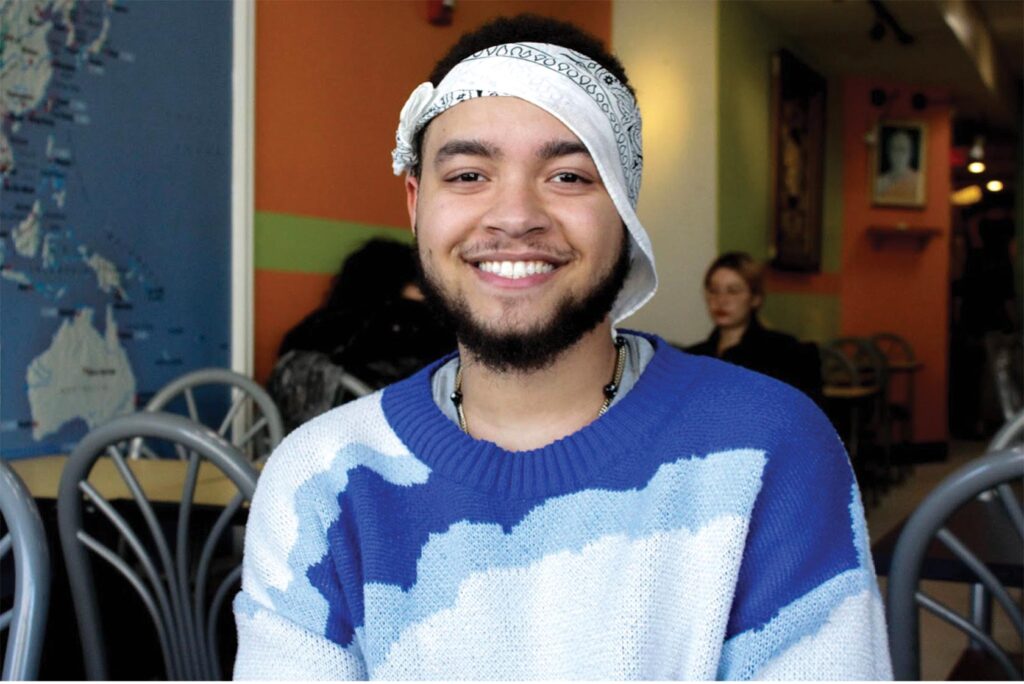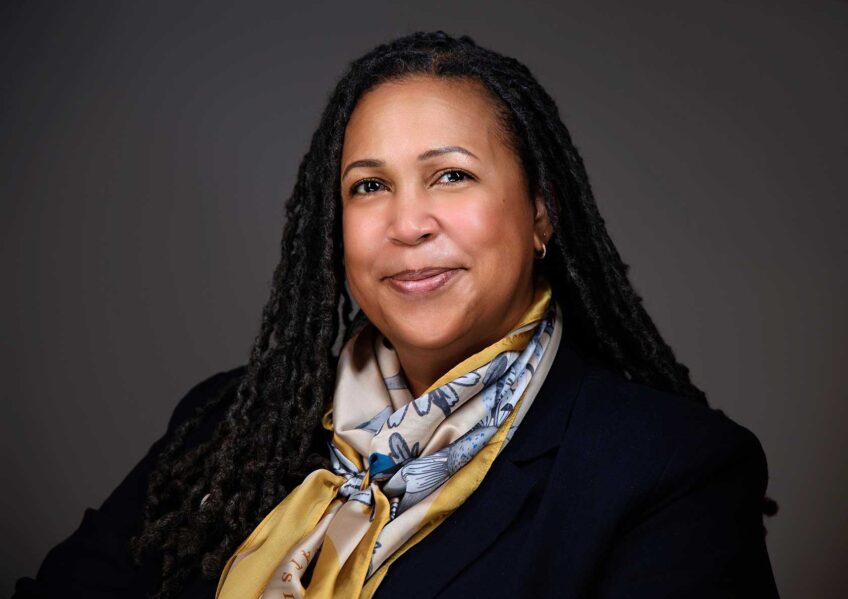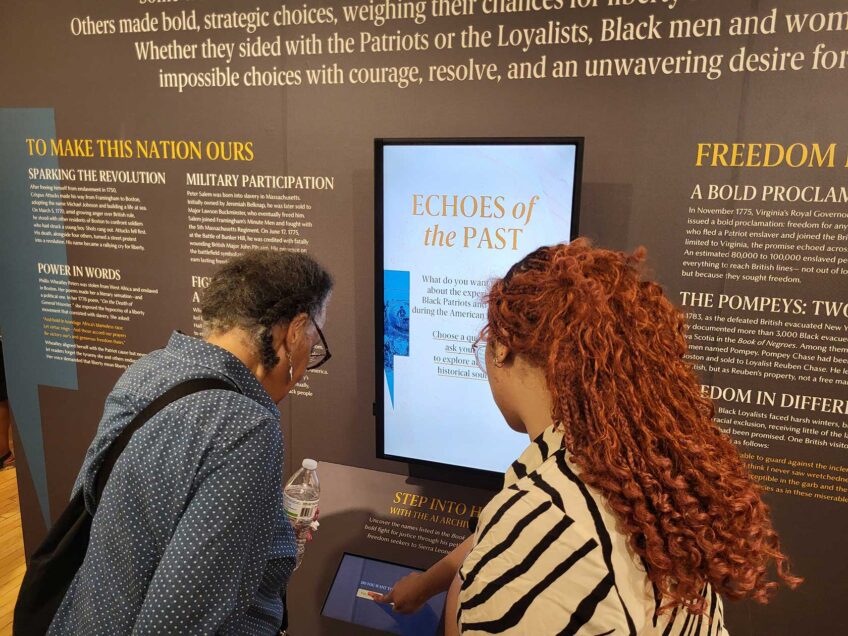
He jokes about the struggle of getting Dunkin’ iced coffee in subzero temperatures. But he can be serious too, like when he documents the historical landmarks in the neighborhood and when he outlines the racism Black Bostonians experienced during the era of court-ordered school desegregation.
These topics, while seemingly disconnected, have all been covered by Marcus Alves on his TikTok page. The 24-year-old Roxbury native is gaining traction as a TikTok creator by using the social-media platform to educate people on Boston and its Black history. His goal is to establish a Boston presence inclusive of people of color, he said.
“If people are laughing, they’re going to be paying attention,” Alves said. “While people are laughing, I’m like, you might as well learn something. I’m not a certified history teacher, but I love history so much to the point where it’s a part of me.”
With TikTok under scrutiny recently, particularly with congressional hearings taking place in Washington, D.C., the future of the app for Boston-based creators remains unknown. Nonetheless, TikTok creators are committed to using the app to tell their stories and connect with one another.
TikTok quickly became one of the world’s most-used media platforms following its merger with the popular social media app, Musical.ly. The short-form video-sharing app gained immense popularity since it launched in 2016, with more than 150 million U.S. users currently, according to TikTok statistics.
The company has come under enormous criticisms, however, with some in Congress calling it a national security risk.
Dave McDonald, assistant director of social media at Boston University, said the landscape of social media has drastically changed since the introduction of TikTok, with millions of young people using it as their primary source of information, including where to go to college.
“Students that are looking at colleges go to social first, and poke around the posts on social media,” McDonald said.
Sophia Caffrey, an Andover, Mass., resident who has more than 58,000 followers on TikTok, said that through TikTok she has been able to connect with other college students in the area. Caffrey regularly posts videos on TikTok on what it is like to be an everyday college student in 2023 and the struggles of academics and dating in the Boston area. She uses hashtags to help people find her videos as well, such as #relationship.
“But usually, it’s like #Boston, #Boston University and then #college,” Caffrey said.
For more than two years, Tommy Guarino built a name for himself on TikTok by poking fun of the city’s stereotypes, casting himself as a Patriots coach, a traditional New England hockey fan and a Boston father. Guarino said his content first hit viral status after he posted a comedic take on people from outside of Boston claiming to be from the city.
“I went to bed and I woke up the next day and had like, almost 100,000 views overnight, so obviously I knew there was demand for this kind of content,” Guarino said.
Within a year, he had a million followers, he said, drawing inspiration from the city and his Italian American experience to reach viewers all over the city. Now Guarino works with brands ranging from Dunkin’ to DraftKings, even partnering with former NFL player Rob Gronkowski for a video.
“The coolest part about this is really being able to have influence and an impact on other people and make people laugh,” said Guarino.
He added that TikTok creators are concerned about the impact criticisms on the app will have on their influence in the future. “The main thing we’re losing is freedom of expression, the freedom of speech … the freedom to be creative,” Guarino said. “It’s going to make it harder to make people feel accepted to produce content and put themselves out there.”
Alves said the freedom to be creative has allowed him to combine humor and history on the platform for the past three years. His videos got little traction initially, until he did a humorous take on the 40-foot Hood Milk structure in front of Boston Children’s Museum. He called the landmark “a shrine that Bostonian’s pray to.”
Alves said he grew up “seeing people leave” Boston after graduating from high school and college. That flight inspired him to create TikTok videos centered on Boston pride.
A lover of history, he said he began chronicling historical landmarks, such as the history of triple-deckers in Boston’s neighborhoods, the origins of the African Meeting House on Beacon Hill and Malcolm X’s Roxbury home.
“We don’t have a culture here, or at least a solidified culture here,” Alves said. “So, let’s build that.”
Alves has amassed over 16,000 followers by bringing unique stories to his viewers, including the rise of successful singer Bobby Brown, who rose to fame as a member of New Edition.
Alves said most people outside of Boston only know Bostonians as Dunkin’-drinking, road-raging, sports fanatics. They know about the strange Boston accent, but most don’t know the stories of the people who really make up the city — the janitors, the bus drivers and “the person sweeping the hallways.”
“I just never want people to forget the hard working and thriving community that really builds this city,’’ Alves said, “and that goes for anybody that lives in this city.”
This story was published as part of a collaboration with Boston University’s School of Journalism in the College of Communication. The student journalist is a member of a Reporting in Depth class taught by former Boston Globe reporter Meghan Irons.







